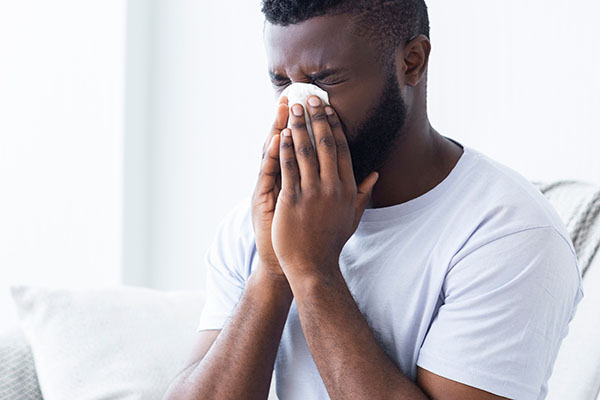What Happens During Immigration Physicals?

Immigration physicals are a critical component of the immigration process, designed to ensure applicants meet specific health standards required by the U.S. government. Immigration physicals typically occur at an urgent care or primary care facility authorized by U.S. Citizenship and Immigration Services (USCIS). These physical exams are mandatory to confirm that applicants are in good health and free from conditions that may pose a public health risk or impact their immigration status negatively.
Components of immigration physicals
Immigration physicals generally follow a structured process that includes various health assessments. Initially, the authorized physician reviews medical history and conducts a thorough physical examination. This exam includes checks of vital signs such as blood pressure, pulse, respiration rate, and temperature, along with vision and hearing evaluations. The purpose is to identify any immediate health concerns that might need treatment before immigration.
Required screenings and vaccinations
A central component of immigration physicals involves essential health screenings. Applicants undergo tests for communicable diseases, including tuberculosis (TB), syphilis, and other conditions mandated by USCIS guidelines. Tuberculosis screenings are usually performed through blood tests or chest X-rays, depending on individual circumstances and risk factors.
In addition, physicians verify applicants' vaccination status. Immunizations required during immigration physicals typically include:
- Measles, Mumps, and Rubella (MMR)
- Tetanus and Diphtheria
- Varicella (Chickenpox)
- Influenza (during flu season)
Applicants must provide documentation of previous vaccinations or receive necessary immunizations during their physical examination.
Documentation and forms
Proper documentation is critical during immigration physicals. Applicants must bring identification, immunization records, and relevant medical history documentation to their appointment. Upon completing the examination and tests, the authorized physician completes Form I-693 (Report of Medical Examination and Vaccination Record), sealing it in an envelope to be submitted directly to USCIS. Applicants receive a copy for their records, while the sealed original must remain unopened until reviewed by immigration officials.
Addressing health concerns
If immigration physicals reveal significant health issues, the applicant may require additional medical interventions before immigration approval. Conditions, such as active tuberculosis or certain communicable diseases, must be treated fully before approval. Physicians also provide guidance on any necessary follow-up treatment or vaccinations to meet USCIS standards, ensuring applicants clearly understand the next steps in their medical care.
Importance of timely completion
Completing immigration physicals promptly helps prevent delays in the immigration process. Applicants are advised to schedule exams early, allowing sufficient time for additional testing or treatment if required. Proper planning ensures medical evaluations do not interfere with immigration timelines, helping streamline the overall process.
Schedule immigration physicals today
Immigration physicals are an essential step in gaining approval for immigration status. Urgent care and primary care clinics authorized by USCIS provide thorough, efficient evaluations to support applicants in achieving a smooth immigration process. Scheduling immigration physicals early provides ample time to address health concerns, significantly reducing potential delays. For more information or to schedule a consultation, call Millennium Medical Care Stone Springs at (703) 665-3242.
To schedule a consultation, request an appointment on our website at https://stonesprings.millenniummedicalcare.com or call Millennium Medical Care Stone Springs at (703) 665-3242 for an appointment in our Sterling office.
Check out what others are saying about our services on Yelp: Immigration Physicals in Sterling, VA.
Related Posts
The common cold is appropriately named. This illness is perhaps the most common health problem that people experience. It will affect individuals of all ages, including babies and the oldest patients. You have almost certainly had your share of colds in the past. The good news is that there are ways to minimize your risks…
Struggling with the common cold is something that just about everyone will experience at some point. Yearly bouts with a cold are highly likely, as most people get at least one every 12 months. It is extremely contagious and caused by one of three viruses through close contact. Some people have mild symptoms, but that…
Urgent care centers treat non-emergency medical issues that still require immediate medical attention. Understanding what to expect and preparing for your visit can make the experience smoother and more efficient. Below are key things to consider before visiting one of these facilities.Urgent care centers fill the niche between hospital emergency rooms and primary care doctors…
A common cold infection often produces thick phlegm. This discharge is sticky and thick. The increase in phlegm production often results in more coughing and difficulty of breathing. Some say that consuming dairy products can increase phlegm production. If you want to know if dairy does increase phlegm production during a common cold infection, here…


